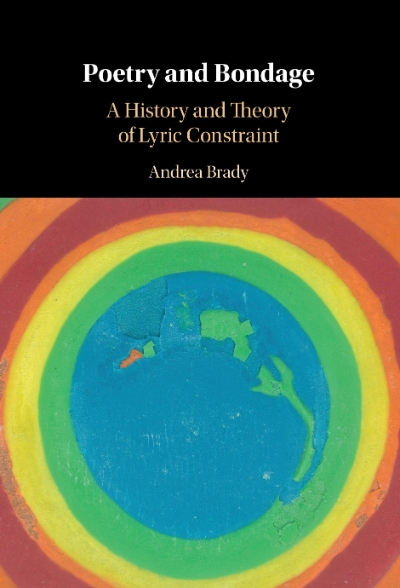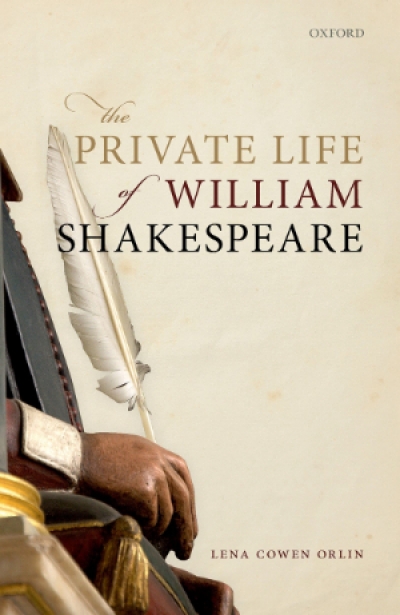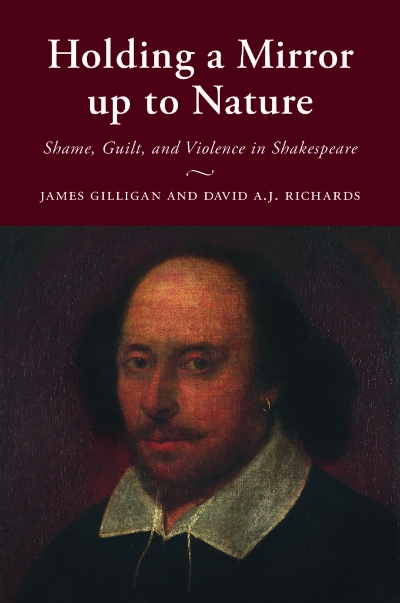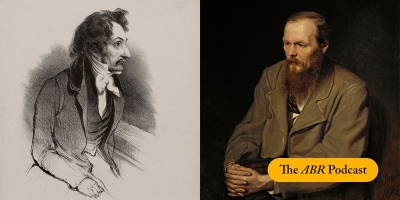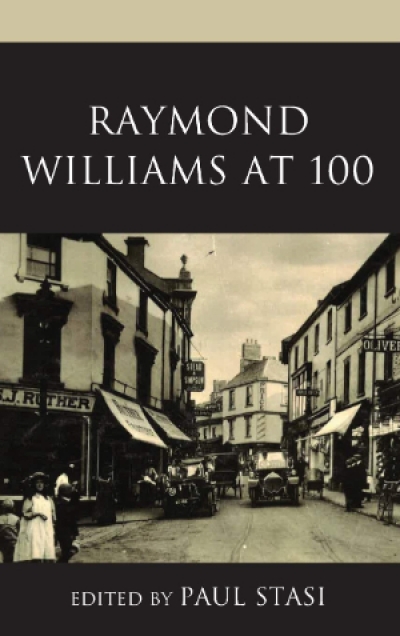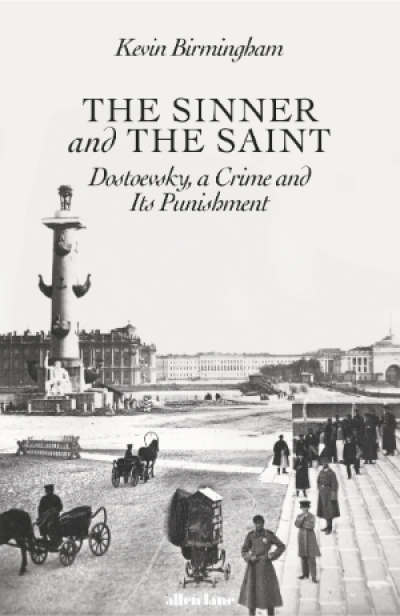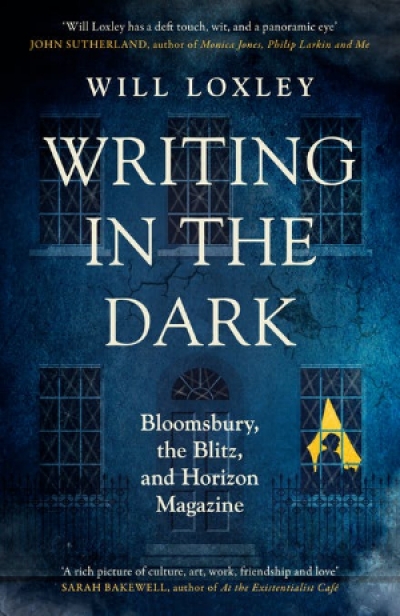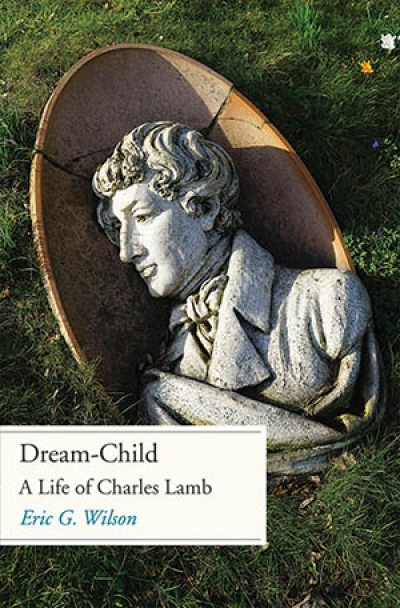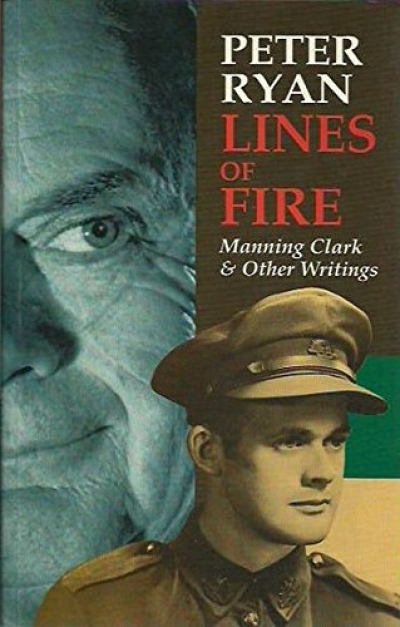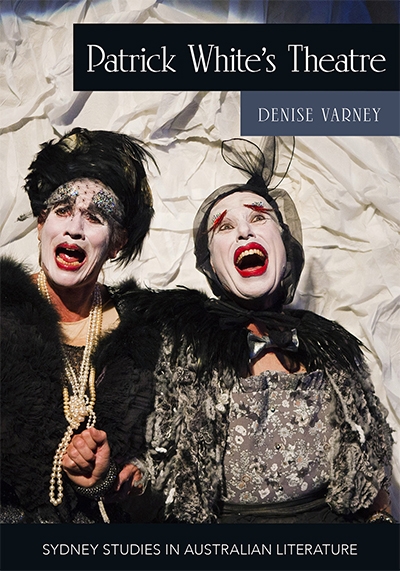Literary Studies
Poetry and Bondage: A history and theory of lyric constraint by Andrea Brady
Andrea Brady’s monumental study of poetry and constraint focuses on ‘the ways that poets invoke bondage as metaphor while effacing the actuality of bondage’. Milton’s aspiration to deliver poetry from ‘the modern bondage of rhyming’, and Blake’s injunction that ‘poetry fetter’d, fetters the human race’, associate formal freedoms with political liberation. The modernist discovery of free verse was quickly followed by a formalist reaction in the 1940s, which was in turn displaced by renewed experimentation over the following decades.
... (read more)The basic facts of William Shakespeare’s life – his baptism, early marriage, three children, shareholder status in his playing company, acquisition of a coat of arms, purchase of New Place in Stratford, and his death in 1616 – are well known. Is there anything new to say?
... (read more)Holding a Mirror up to Nature: Shame, guilt, and violence in Shakespeare by James Gilligan and David A.J. Richards
Familiarity may have inured us to Shakespeare’s violence. Poison, suffocation, suicide, rape, and assassination are among the central events of his major plays. But the upper-middle-class respectability of too many Shakespeare performances and the insipid, managerial culture of academic ‘Shakespeare studies’ threaten to reduce the greatest of all dramatists to something antiseptic and safe.
... (read more)Author and scholar Kevin Birmingham has shown that books as much as people are worthy subjects of biography. This year he has followed up The Most Dangerous Book, his award-winning account of the battle to get James Joyce’s Ulysses published, with The Sinner and the Saint, a book about the genesis of another classic: Crime and Punishment. In this week’s episode of The ABR Podcast, Geordie Williamson reads his review of Birmingham’s latest study, one which ‘brings microscopic detail and a sense of drama to the composition’ of Fyodor Dostoevsky’s masterpiece.
... (read more)Raymond Williams at 100 by Paul Stasi & Culture and Politics by Raymond Williams
The 2021 centenary of Raymond Williams’s birth was a moment of acknowledgment but also involved some assessment and testing of his ongoing relevance. Williams seemed to live many lives: son of a railway worker in rural Wales, Communist Party member, wartime tank commander, tutor in the Workers’ Educational Association, novelist, author of key texts within cultural and media studies, professor of drama at Cambridge University, founding figure of the British New Left, television reviewer and commentator, socialist activist and Welsh nationalist, cultural and Marxist theorist.
... (read more)The Sinner and the Saint: Dostoevsky, a crime and its punishment by Kevin Birmingham
There really isn’t another biographer like Joseph Frank – nor a biography to place beside his 2,400-page, five-volume life (1976–2002) of Fyodor Dostoevsky, the wildest and most contradictory of the great nineteenth-century Russian novelists. Frank set out in the late 1970s – a time when historically grounded literary scholarship was losing favour in the academy – to fix Dostoevsky (1821–81) in the complex matrices of Russian history, politics, religion, and culture. An author who had been read in the English-speaking world as a hallucinatory thinker, somewhat detached from reality, could now be seen as one fully imbricated in his era and milieu.
... (read more)Writing in the Dark: Bloomsbury, the Blitz and Horizon Magazine by Will Loxley
In late March 1941, more than six months into the relentless German aerial campaign that was then destroying great swaths of London’s fabric and spirit, Virginia Woolf filled the pockets of her heavy overcoat with stones and waded into the River Ouse. Her suicide occurs halfway through Will Loxley’s scattergun study of English writers and writing during the war, though its inevitability haunts the first half of the book, as claustrophobic as the pea-soupers that had defined London’s self-image in the centuries before the Blitz took on that singular responsibility.
... (read more)The life of Charles Lamb reads like a tale by Charles Dickens. In 1775, a sweet-natured boy is born in the Inns of Court, the ancient legal district in the city of London. The boy’s father, John Lamb, works as clerk, scribe, and all-round dogsbody for an imbecilic barrister called Samuel Salt – the names themselves are Dickensian – who does nothing without first consulting his servant. Charles, the youngest child by eleven years, grows up amid the great halls, libraries, chapels, staircases, sundials, fountains, and hidden orchards of the Inner Temple; his early youth is an Eden, but there is a serpent in the garden, because madness runs in the Lamb family.
... (read more)Lines of Fire: Manning Clark and Other Writings by Peter Ryan
This collection of Peter Ryan’s writings, Lines of Fire, is no grab-bag of oddments. The pieces included here are given an impressive unity by the author’s imposition of his presence, by his trenchancy, elegance of expression, a desire to honour the men and women of his younger days and to excoriate a present Australia in which too many people wallow in ‘an unwholesome masochistic guilt’. The finely designed cover shows a wry, ageing, wrinkled Ryan smiling benignly over his own shoulder, or rather that of his younger self, in uniform, in late teenage, during the Second World War. What happened in between is richly revealed in the elements of Lines of Fire.
... (read more)Patrick White’s Theatre: Australian modernism on stage, 1960–2018 by Denise Varney
Patrick White’s plays are conventionally assigned a marginal place in the landscape of his writing. Historically, they have either been regarded as poetic but unconvincing extensions of the performative dimensions of his prose, or as fundamentally misconceived exercises in contempt. Tim Winton spoke for the latter camp when, writing in the London Review of Books (22 June 1995), he dismissed White’s dramatic work as a ‘long and wasteful engagement with the theatre and its poisonous hangers-on’. Winton’s judgement is informed by a solitary model of authorship that can be applied to the rural metaphysics of White’s Castle Hill novels but that is increasingly inapplicable to the urbane satires his work became following his move to inner-Sydney in 1964.
... (read more)

